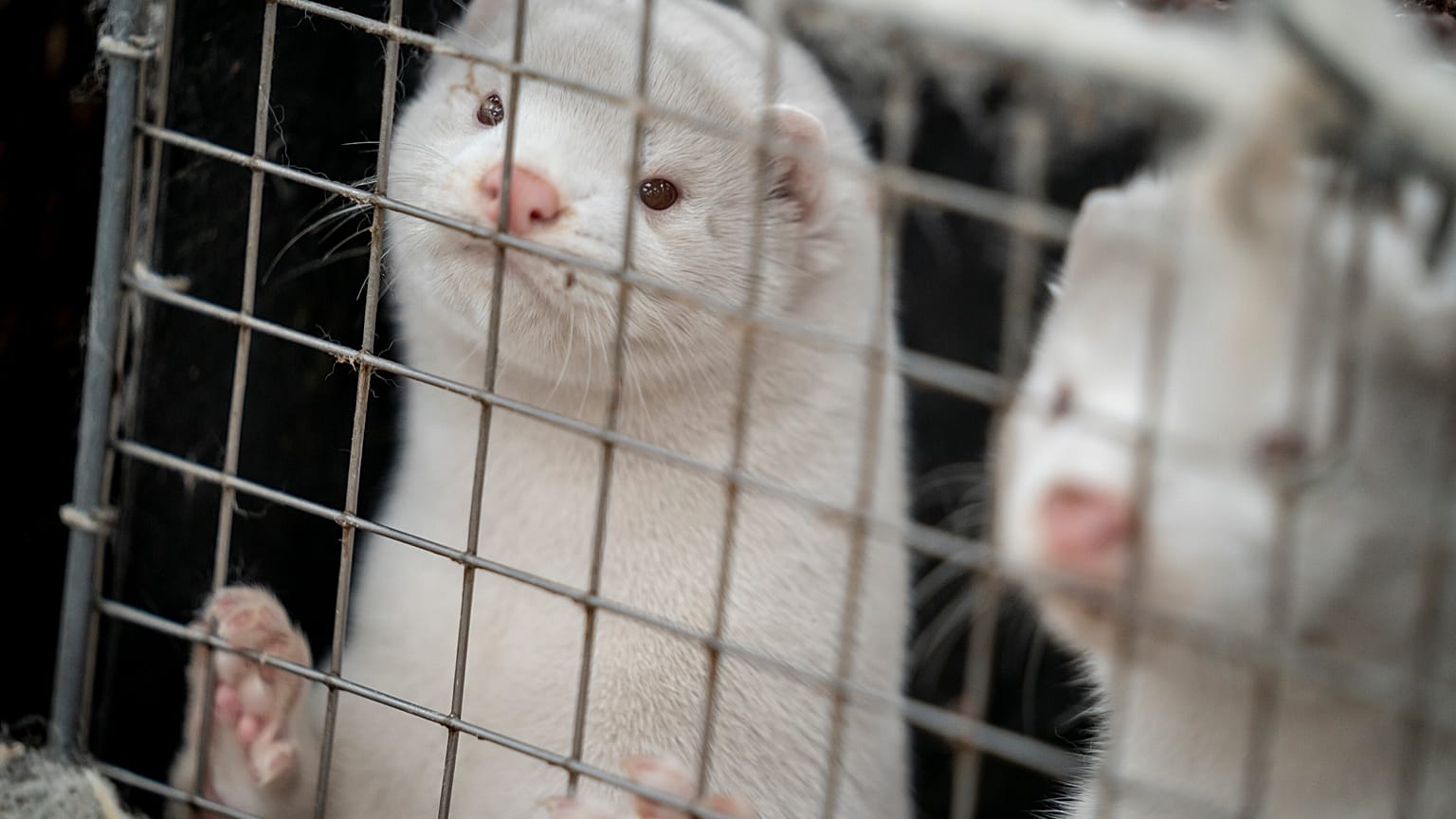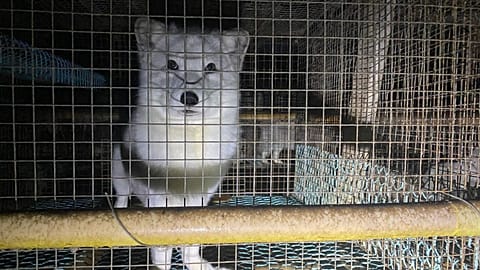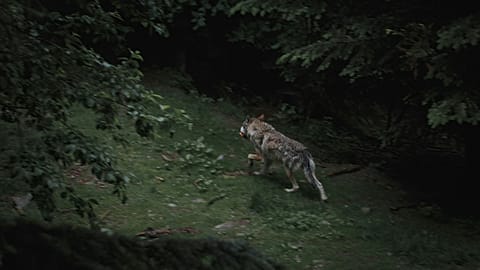The EU executive has decided to buy time pushing back to 2026 a decision on whether to introduce an EU-wide ban on the keeping and killing of animals for fur.
The announcement came on Thursday (7 December) in response to a European Citizens Initiative (ECI) which gathered 1.5 million signatures calling to prohibit livestock farming for the sole or main purpose of fur production, as well as selling farmed animal fur and products containing it within the EU.
Citizen initiatives allow petitions that reach the one million signatures threshold to be discussed by the European Commission, which can decide to put forward a legislative proposal on the matter. In this case, the Commission decided not to act immediately but to “carefully assess the necessity for and feasibility of a ban on fur farming and the marketing of fur in the EU.”
“It was not possible to reach a consensus on this issue,” European Commissioner for Health and Animal Welfare Stella Kyriakides told reporters, adding that fur farming remains an important economic sector for some member states, particularly in more rural and economically vulnerable communities.
In Europe, annual mink farming decreased from 45 million animals in 2014 to approximately 12 million in 2021, according to Brussels-based animal protection lobbyist Eurogroup for Animals. Finland and Poland are the EU countries with the most fur farms.
The ball is now on the court of the EU Food Safety Authority (EFSA) which has been asked by the EU executive to conduct scientific advice by March 2025. After that evaluation, the Commission will communicate not before March 2026 if it considers it appropriate to propose such a ban.
“The EU policymaking will be guided firmly by science on this matter,” concluded Kyriakides. According to a senior EU official, the Commission will in the meantime “not just talk on the phone with member states” but take some practical steps, which will include on-site visits to fur farms.
For the NGO Human Society International, the Commission’s failure to deliver a ban today “is inexcusable and condemns millions of sentient animals to lives not worth living on the EU’s remaining fur farms.”
“It is deeply frustrating and worrying that the Commission is side-stepping its responsibility for decisive action to end the outdated and unnecessary fur trade,” said Joanna Swabe, senior director at Human Society International/Europe adding that leading virologists warn that fur farms present a very real pandemic disease risk.
However, for the animal welfare campaign group Four Paws, the Commission has now made it clear that it is open to an EU-wide ban on fur farming, and it is “confident that an independent scientific opinion from [EU food safety body] EFSA will conclude that the current housing systems in fur farms are incompatible with animal welfare.”


















